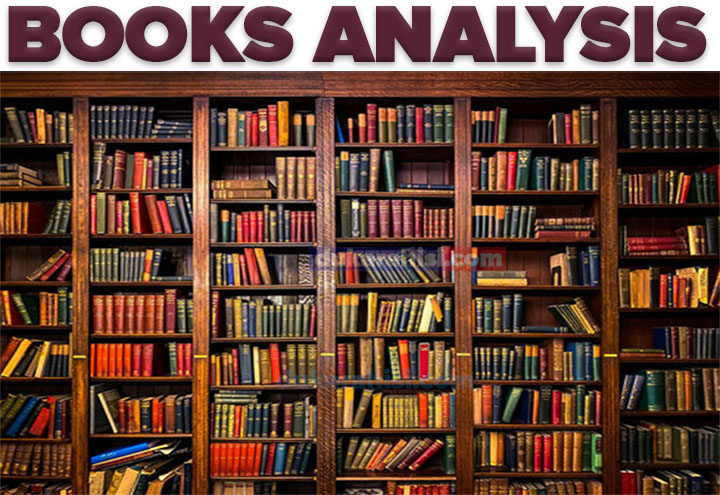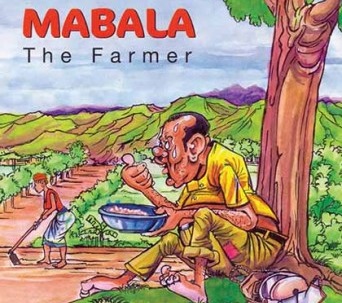SELECTED POEMS BY TANZANIA INSTUTE OF EDUCATION POETRY ANALYSIS
Meaning of literature
The term literature has different meaning but here the term is used in the sense of showing the way a person can make representation of what is taking place in the society artistically.
Thus, as Literature depicts on what people does in their daily lives, then it have some connectedness with human life.
Origin of literature
Literature is related to man’s development in his life because it portrays on what people do or say, how they act, react or behave towards their environment.
TYPES OF LITERATURE
Literature has many types depending on people’s traditions, intentions and the message that is intended to be communicated to the audience.
Basing on its mode of Presentation one can categories literature into two groups being; Oral or Spoken Literature and Written Literature.
1. ORAL LITERATURE
Oral Literature is said to be the first form of literature because it began existing when human being started living together as a community with a common language for enhancing their communication
2. WRITTEN LITERATURE
This is the type of literature which represents the human social realities in written form. In most of African societies written literature came after the invention of writings. Before that Oral literature was dominant because the societies were illiterate.

POETRY
Poetry is a form of literature that uses aesthetic and rhythmic qualities of language to evoke meaning in portraying the human social realities.
On the other hand, Poetry is the type of literature which uses beautiful, creative and imaginary language in portraying human daily social realities.
Poetry uses forms and conventions to suggest differential interpretation to words or to evoke emotive response.
In poetry the devices such as assonance, alliteration, onomatopoeia and rhythm are sometimes used to achieve musical or incantatory effects.
Also, in poetry the use of ambiguity, symbolism, irony and other stylistic elements of poetic diction often leaves a poem open to multiple interpretations.
FEATURES OF GOOD POETRY
i) It is rich in figures of speech.
ii) It evokes emotions.
iii) It is made of verses and stanza.
iv) It is made in rhymes and rhythms.
v) It meant to be sung.
vi) It gives moral lessons.
TYPES OF POETRY
Poems can be categorizes basing on their forms and content. Basing on forms, one can divide them into traditional or closed poetry and modern or open poetry.
Traditional Poetry refers to those poems which adhere strictly to the traditional rules of composing poems like rhyming schemes, rhythmic patterns, and equal number of syllables, verses and stanza.
Modern Poetry refers to poems which ignores the structural patterns of composing poems. These poems are also called the free verse poems.
POETRY ANALYSIS
Refers to the artistic expression of ideas, experience or events using language characterized by imagery and rhythmical sounds.
Or.
Poetry is the art of rhythmical composition, written or spoken, for exciting pleasure by beautiful, imaginative, or elevated thoughts.
IMPORTANT TERMS USED IN THE STUDY OF POETRY
In the study of poetry one may meet with different terms as discussed bellow:-
i) Poetry
This is the art of composing or collecting poems.
ii) Poem
This is a piece of writing in verse and stanza form which express deep feelings in a beautiful language.
iii) A verse
This is a single line in a poem. This line forms a stanza or a part of stanza.
iv) Stanza
This is the combination or collection of verses. Stanza can also form a poem or be a part of a poem.
v) Poet
This is a man who compose poems.
vi) Poetess
This is a woman who compose poems.
vii) Persona
This is a person who speak in the poem. Sometimes persona is called dramatist.
viii) Rhyme
These are similar sounds which appears at the terminal points either across or at the end of each line of the poem.
ix) Rhythm
These are regular movements of beats occurring in the poem as the result of the rising and falling of sounds.
x) Refrain
This is the repeated line which appears at the end of each stanza in the poem.
xi) Tone
This refers to the quality of voice which is used in the poem depending on the message to be conveyed before the audience.
xii) Mood
This refers to the state of mind of a reader which comes after reading a poem.
xiii) Title
This refers to the name of the poem. Some poems take ironical names from which the reader can identify the meaning of such poems.
xiv) Theme
This refers to the central idea which is conveyed in the poem.
xv) Message
This refers to the lesson that one build after reading a poem.
xvi) Poetic license
This refers to the freedom that poets and poetess has in violating some facts and grammatical rules when composing poems.
xvii) Imagery
This is the figure of speech which creates mental pictures through words. Poems are rich in this figure of speech as it appeals through senses like touch, seeing, smell, taste, sound as well as kinesthetic.
xviii) Symbolism
This is a figure of speech which use objects in presenting ideas.
xix) Poetic diction
This refers to the way words are chosen and arranged esthetically in poems to portray human reality.
HOW TO INTERPRET A POEM
In order to analyze any poem well one should adhere to the following procedures:-
a) Look and observe at the poem careful – This helps in identifying the number of verses and stanza that forms it. Also, through this one can understand whether the poem is traditional or modern.
b) Read the whole poem careful.
c) Re-read the poem carefully while identifying the difficulty words used in it.
d) Find the meaning of difficulty words used in the poem.
e) Re-read the poem carefully relating the meaning of difficulty words to the context of the poem.
f) Ask yourself on what the poem is all about?
g) Identify the themes portrayed in the poem.
h) Comment on the mood of the speaker.
i) Identify the messages found in the poem.
j) Comment on the poetic diction employed in the poem.
k) Relate the poem read to you personal and national life experience.
































































Some really interesting details you have written.Aided me a lot, just what I was searching for : D.